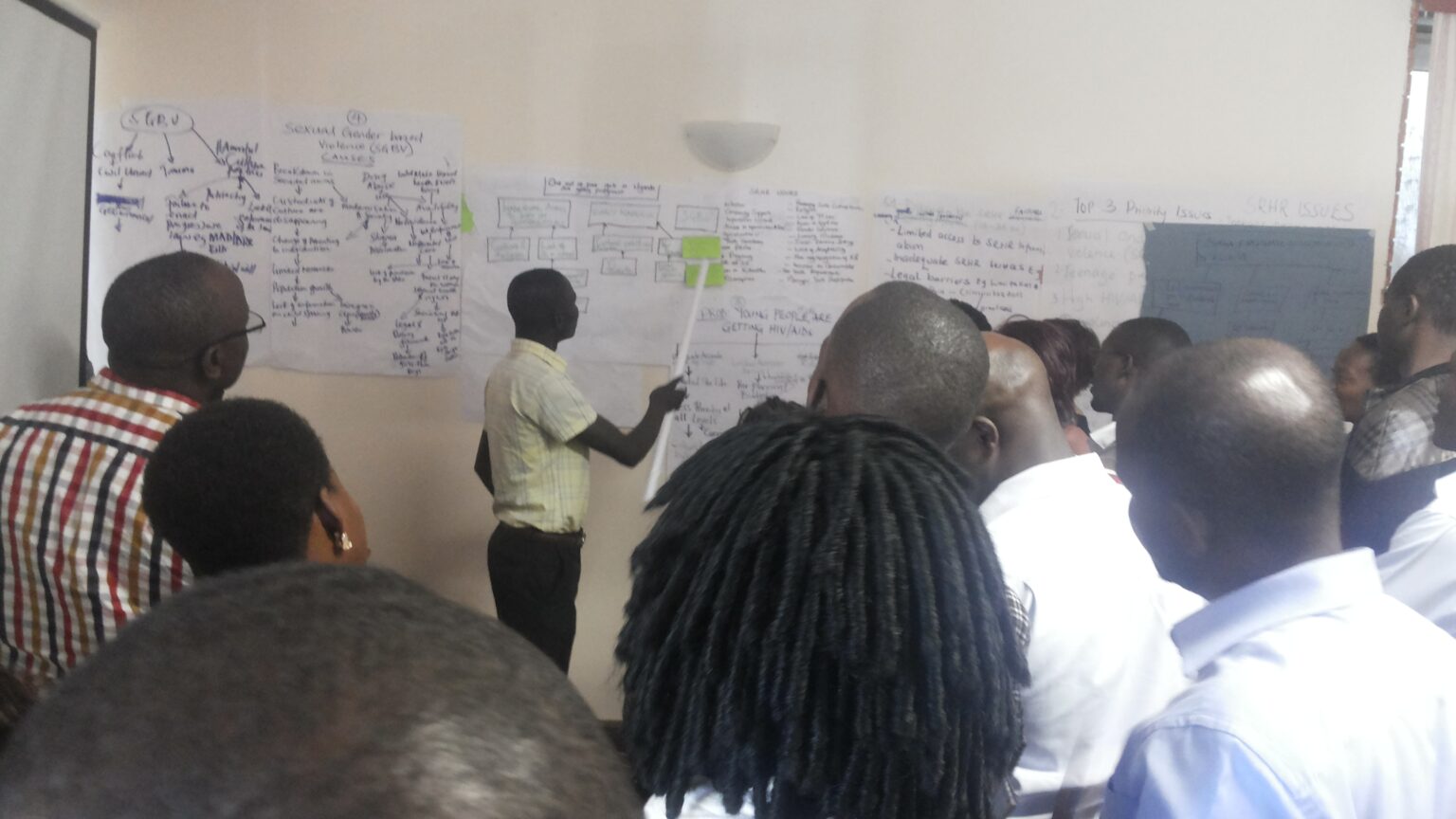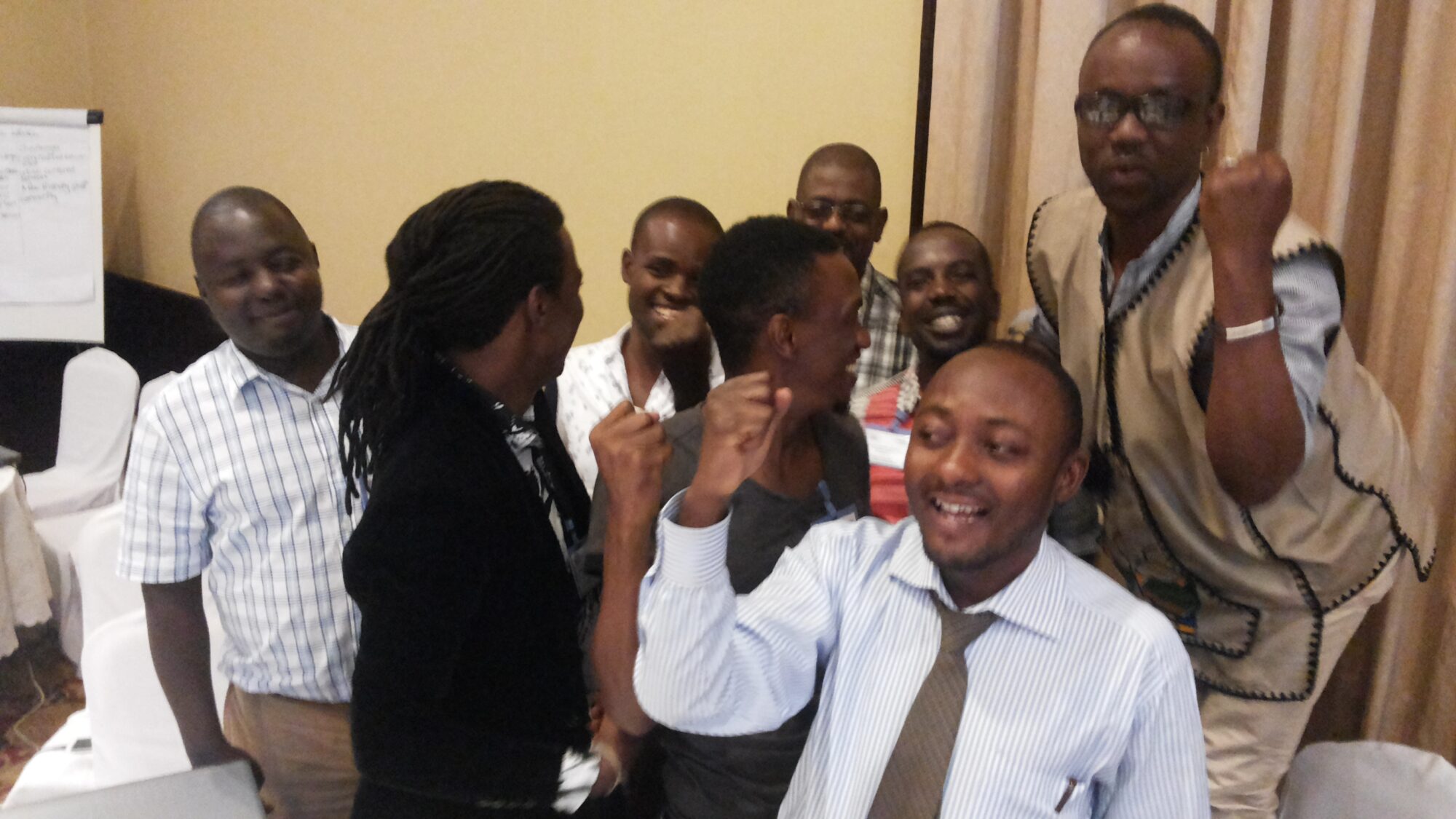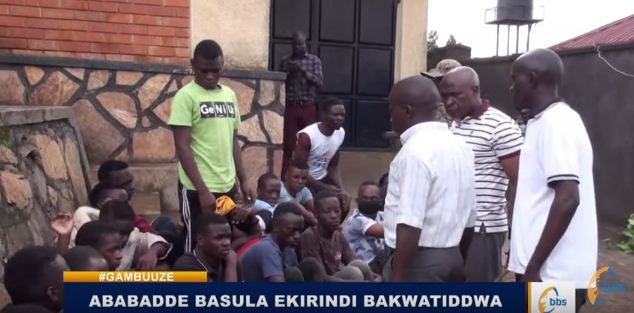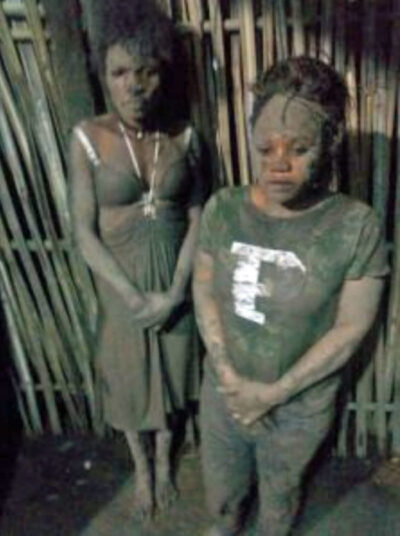For gay Ugandans, Covid-19 risks extend far beyond virus itself
Colin Stewart is a 45-year journalism veteran. He is the…
The Ugandan government’s response to Covid-19 has put the already vulnerable LGBTQI community at greater risk. A study proposes ways to reduce those risks.

By Joto La Jiwe
According to survey report conducted by Sexual Minorities Uganda (SMUG), the Covid-19 pandemic and lockdown have exacerbated inequalities and inequities experienced by the LGBTIQI community. The report, published in August, cited many changes that have occurred in how members of the LGBTIQ community live, work and access essential services.
Access to health services:
The SMUG survey results show that:
- 75% of LGBTQI people could not access sexual and/or reproductive health services during the lockdown.
- 47% of LGBTQI living with HIV say the lockdown measures denied them access to ART (antiretroviral therapy).
Stories of LGBTQI people experiencing stigma and discrimination while seeking health services are a longtime problem, but the study results indicate that the problem has increased during the pandemic, leading to disparities in access, quality and availability of healthcare.
Stigmatization, discrimination, hate speech and attacks against the LGBTQI community in Uganda have previously led to them being blamed for disasters, both man-made and natural. All the LGBTQI people interviewed during the study strongly fear being used as scapegoats and violently targeted.

Domestic violence and abuse:
Due to Covid-19-related movement restrictions, many LGBTQI people, especially youth, have been confined in hostile environments with unsupportive family members and others.
Fifty percent (50%) of the LGBTQI people interviewed said the Covid-19 lockdown forced them to live with a violent partner.
According to the advocates at FARUG Uganda, lesbian, bisexual and queer women have are among the most hit. Lora Jones, who works closely with LBQ women in Uganda, said:
“There has been an increase in domestic violence amongst LBQ women and this can be attributed to many factors such as loss of livelihoods that have resulted in some of the women lashing out their frustration on their partners.”
Many of the LBQ women lost their jobs due to the downsizing at their workplaces, she said.
According to the study, 66% of LGBTQI people have lost their main source of income due to the Covid-19 pandemic.
The report states that it is not too late for the government of Uganda to recognize that LGBTQI people are among those particularly vulnerable in this pandemic, and take targeted steps to ensure that the response measures do not derogate their rights.
Recommendations from the survey report:
For organisations belonging to SMUG
The Covid-19 pandemic has highlighted the need for LGBTIQ organisations to plan more concretely for emergencies. The donor community should be part of this discussion.
For longer-term emergencies similar to Covid-19, organisations need contingency plans. These plans should cover financial resources, health consumables, other consumables, security and health safety, with adequate human resources assigned to each task in the plan. These plans must be coordinated with police and with partners such as health-care providers.
All LGBTIQ organisations need a secure database of community members’ contact details so that they can easily be accessed for services like counselling and just checking on their welfare in case of isolation, violence based on sexual orientation and gender identity, sexual and gender based violence and making sure that all community members are cared for with no one being left behind.

Policy makers and policy redirection
A study is needed of the changes the Covid-19 has made for LGBTIQ organisations, the LGBTIQ community, and other key populations at risk of HIV infections from the situation pre-Covid-19. The key stakeholders in this study should include the LGBTIQ organisations,
the LGBTIQ community, health service providers, the Ministry of Health, the Ministry of Internal Affairs, police leadership, the Ministry of Gender, Labour and Social Development, local government authorities and the judiciary.
This study should be used to play how to handle future pandemics and other emergencies in ways that do not derogate the rights of minority groups such as LGBTIQ persons. The study’s recommendations should include concrete directives and policy on handling minority rights during national emergencies.

Sexual Minorities Uganda (SMUG)
SMUG is tasked with the responsibility of mobilising resources and players to come up with that study.
Donor community
The donor community should put in place national emergency protocols that allow for flexibility in funding priorities and funding targets for LGBTIQ organisations in times similar to Covid-19. One of the challenges of the LGBTIQ in community in Uganda, for example, has been the need for safe houses and shelters that are readily available and not crowded. More funding needs to be earmarked for socio-economic needs, not only for human rights programming.
Joto La Jiwe, the author of this article, is a Ugandan correspondent for the African Human Rights Media Network and a member of the Uganda Health and Science Press Association. He writes under a pseudonym.
- Archive of this blog’s articles about Covid-19 and LGBTQ+ communities





Colin
Please have someone there get back to me – I’m trying to help 3 young men who were released from jail In Kampala & now stranded in Kenya.
Thank you
Michael Lisowski
1-414-477-8500